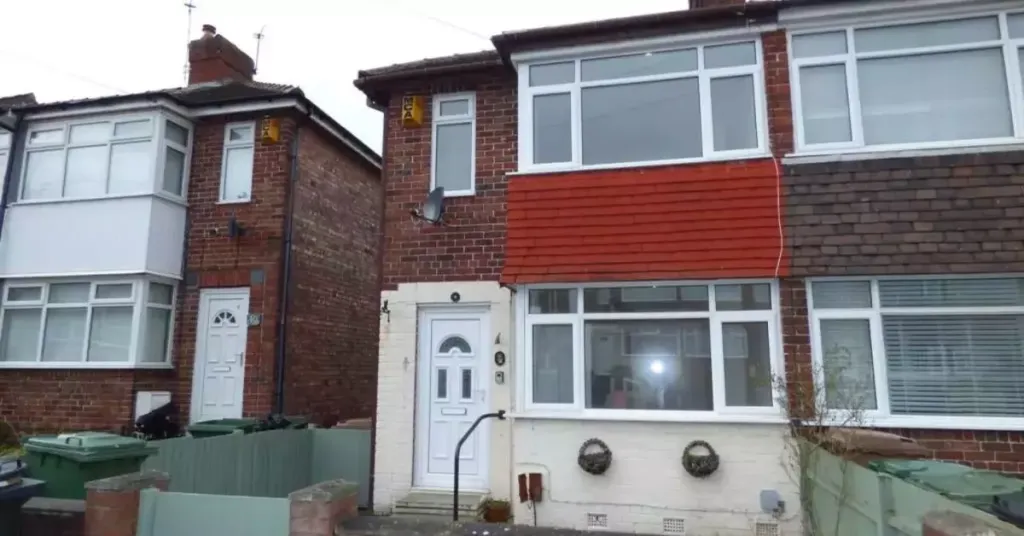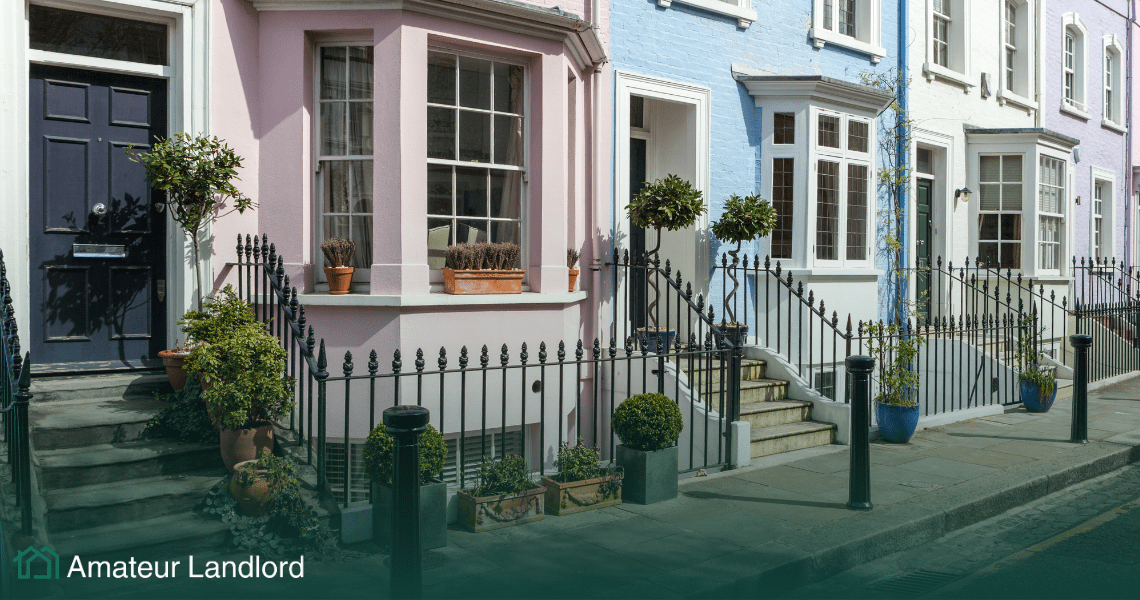Quick Navigation
- Investors using buy-to-let mortgages achieve a better ROI on their investment compared to cash buyers. This is due to the leverage effect, where a smaller deposit (e.g., 25%) can lead to larger returns, especially when the property appreciates in value.
- An example property in Birkenhead valued at £95,000 demonstrates that the ROI for a mortgage purchase (26.74%) is significantly higher than a cash purchase (10.69%), even with the added costs associated with a mortgage.
When considering how to fund your next investment property purchase, an important aspect to consider is the return on your investment (ROI) – whether you choose to purchase with cash or mortgage will have a larger effect on your returns than you might think so it’s imperative that you understand which of these two methods delivers better results.
Note – the purchase method is one of the most important factors affecting your potential returns, along with the quality of the property and whether or not the location is in demand (be sure to also check out our property research guides to learn how to tick off the last two factors in ensuring a great ROI).
In this guide, we’ll begin with answering the question ‘do cash buyers or mortgage buyers get better ROIs’ before moving on to an example investment property and working out the numbers for both purchase methods.
Do Cash Buyers or Mortgage Buyers Get Better ROIs?
Investors purchasing with a buy-to-let mortgage hands down get a better ROI on their investment, both in the short-term and the long term. This is because purchasing with a mortgage is essentially leveraging your property investment four times (if you deposit 25%) so if your property appreciates in value, that gain represents a far larger return on your invested money as opposed to if you had purchased with cash.
Buying with a mortgage also wins out in terms of cash flow from the property. Even though mortgages are a large monthly expense, sometimes almost making up half of your rental income, the return as a percentage is still better than if you were to purchase with cash.
Let’s look at an example to demonstrate this.
The Key to Successful Investments
Example Investment Property – Cash vs Mortgage
Repeat readers of Amateur Landlord will know that I’m a fan of Merseyside so for our example, we’re heading over to Birkenhead (It’s located in the borough of Wirral, just opposite Liverpool). We’re going to be looking at a nice 2-bed semi-detached property in CH41 7BW which is valued at £95,000 (We used Lendlord’s free analytics tools to work out the market value). Two-bed properties in a similar condition in this postcode rent out for around £600.

Knowing this, lets first break down the amount of money necessary to purchase this property as a rental and then work out our potential returns on the investment.
Purchase Costs – Cash or Mortgage
The below table breaks down the purchase and set-up costs for this rental property, both if we were to use cash and if we were to use a mortgage.
| Cash Purchase | Mortgage Purchase | |
|---|---|---|
| Cash / Mortgage Deposit Necessary | £95,000 | £23,750 |
| Stamp Duty | £2,850 | £2,850 |
| Solicitor / Legal Fees | £1,100 | £1,100 |
| Mortgage Broker | £0 | £500 |
| RICS Survey | £350 | £350 |
| Gas and Electricity Checks | £350 | £360 |
| Letting Agents | £450 | £450 |
| Total Cost | £100,100 | £29,360 |
Cash Flow For Each Method
Now that we know how much money would be required to purchase this property via cash and mortgage, all that is left for us to do is work out the monthly profit for each method. To keep things simple, we’re going to assume that we’re self-managing the property to remove the optional management costs.
| Cash Purchase | Mortgage Purchase | |
|---|---|---|
| Rental Income | £600 | £600 |
| Mortgage Payments (Interest Only at 4%) | £0 | – £237.50 |
| Landlord Insurance | – £25 | – £25 |
| Monthly Profit | £575 | £337.50 |
| Annual Profit | £6,900 | £4,050 |
ROI For Each Method
Now that we’ve worked out how much money would be necessary to purchase and set up the rental property, as well as how much profit we could make, it’s time to use these figures to calculate the return on our investment. It’s important to also consider the capital appreciation when calculating potential returns – for this, we’ll assume that the property increases in value by 4% (According to Lendlord, the average annual growth over the past 5 years has been 6.9% but we’ll use 4% to keep it conservative).
| Cash Purchase | Mortgage Purchase | |
|---|---|---|
| Invested Capital | £100,100 | £29,360 |
| Annual Profit | £6,900 | £4,050 |
| Increase In Value (4% Growth) | £3,800 | £3,800 |
| Return on Investment | 10.69% | 26.74% |
As you can clearly see, buying a rental property with a buy-to-let mortgage is vastly superior to purchasing with cash from an ROI perspective. Since using a mortgage requires us to invest about a third of what cash buyers would invest, the potential increase in value coupled with the rental income (which is slightly worse than if purchased with cash) results in a fantastic ROI overall.
Final Thoughts
Utilising buy-to-let mortgages helps you leverage your money in order to get vastly greater returns on your investment compared to if you used cash to fund the purchase outright. If you’re a property investor interested in growing your property portfolio quickly or just trying to maximise your returns, purchasing with a mortgage would be the best option. To maximise your returns even more, it’s important that you find a great lender offering market-leading rates and conditions that suit your goals – we’d recommend using a online buy to let brokerage to easily compare and apply for mortgages with some of the best lenders on the market.
Recommended Guides:

Victor Sterling
Hi, my name’s Victor - I’ve been investing in property for three years now, with my preferred strategies being buy-to-let, BRR and house flips. My goal with Amateur Landlord is simple - to provide beginners with easy-to-follow resources that simply weren’t around when I started, and to offer these for free and without ads.

